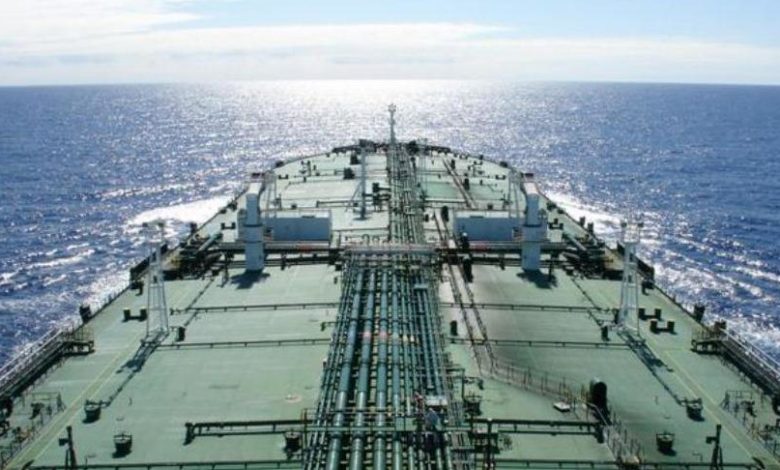
The Venezuelan tanker fleet is largely not fit for trading, internal documents seen by Reuters show.
More than half of the 22 tankers in state-run oil company PDVSA need urgent repairs or should not trade, according to an internal report by the oil firm.
Venezuela’s tanker fleet has been hobbled by sanctions for many years leading to many falling vessels into disrepair.
“The ships currently lack seaworthiness classification and certifications by flag nations,” the report, issued two months ago, said.
PDVSA has had to rely on increasing amounts of chartered in tonnage to move its oil in recent years.
The report recommends five tankers be withdrawn immediately and seven head for urgent repairs.
“The tanker fleet is showing a decline in the quality of its operations due to advanced physical deterioration, which implies higher maintenance and repair costs. Planning for sending the tankers to dry docks has been very affected by lack of payment to shipyards and providers,” the report said.
PDVSA has ordered ships in non-major shipbuilding nations such as Iran and Argentina, but issues with production and payment have seen deliveries heavily delayed.
With the number of vintage ships trading in the so-called dark fleet growing by the day and now thought to top 600 ships, global shipping is braced for accidents in the tanker trades. A 26-year-old ship with a history of moving Iranian crude suffered a severe explosion earlier this week with three crew perishing and almost the entire top deck of the vessel being blasted into the air.
